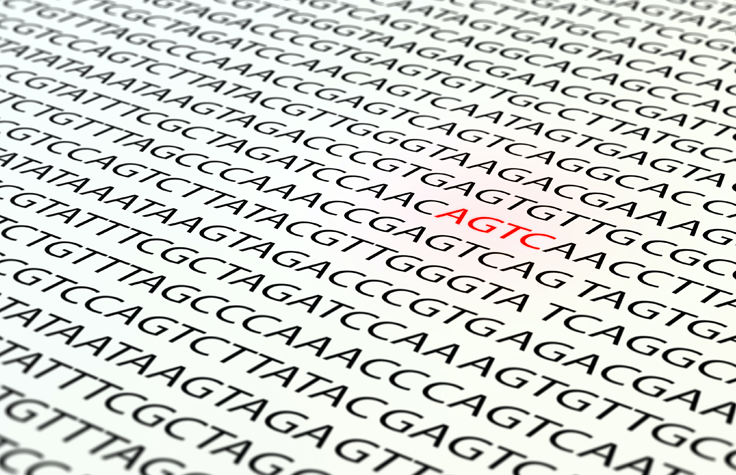
Details
While much attention has been paid to cancer driver mutations in protein coding genes, these represent less than 2% of the human genome. Characterizing alterations in non-coding and regulatory elements, such as non-coding RNAs, enhancers, or epigenetic modifications, and their impact on gene dysregulation is thus essential to a full understanding of the mechanisms underlying tumorigenesis.
Increasingly comprehensive catalogues of whole cancer genomes and advances in sequencing technologies have improved the detection of mutations in non-coding regions. A current focus for the field is in determining the effects of these alterations, through the use of functional genomics approaches and the integration of DNA sequencing with other techniques such as RNA sequencing and ATAC-seq to evaluate transcriptomic and epigenomic features. Beyond insights into cancer biology, such studies may reveal new vulnerabilities that can be targeted therapeutically, or clinically relevant diagnostic or prognostic biomarkers.
Speakers:
 Mathieu Lupien
Mathieu Lupien
Senior Scientist
Princess Margaret Cancer Centre
 Bradley Bernstein, MD, PhD
Bradley Bernstein, MD, PhD
Director of the Gene Regulation Observatory
Mass General Hospital and Broad Institute
- Date & Time
- Apr 30, 2021
- 8am PDT | 11am EDT
- Location
- North America
- Affiliation
- Princess Margaret Cancer Centre, Mass General Hospital and Broad Institute
- Presenter
- Mathieu Lupien and Bradley Bernstein, MD, PhD
- Topic
- Cancer research